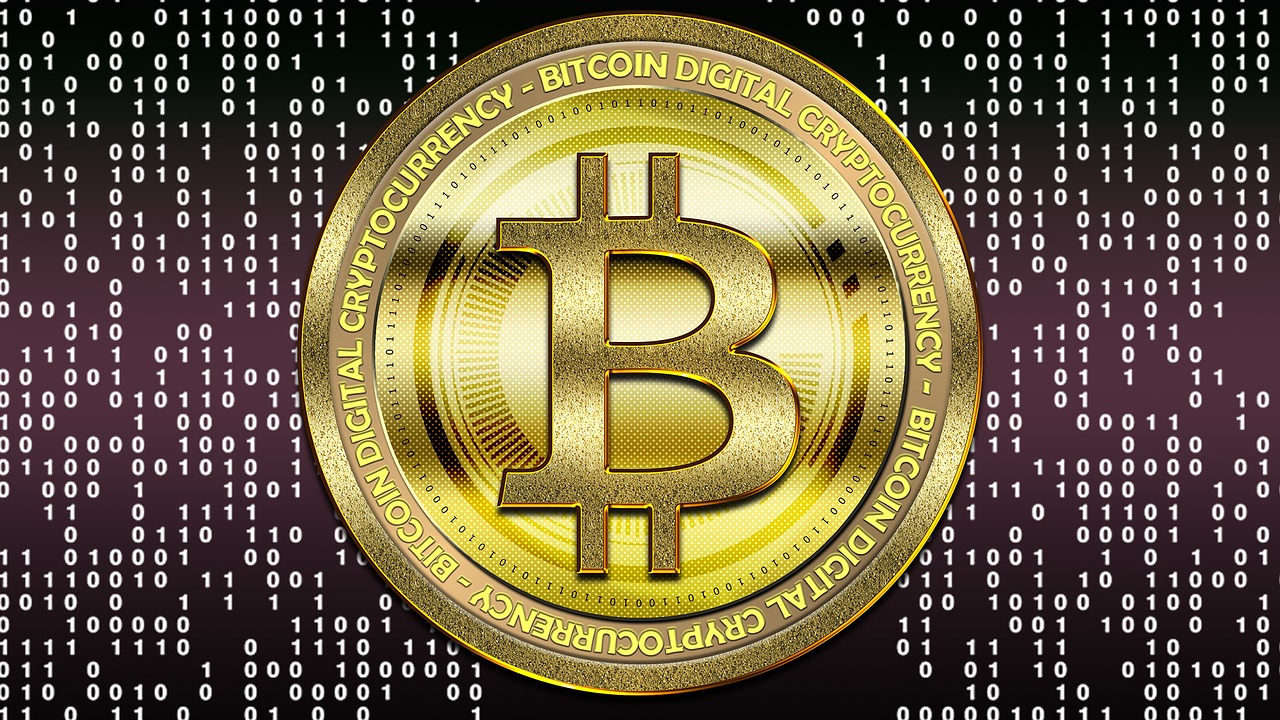In 2009, an individual or group operating under the pseudonym Satoshi Nakamoto introduced a digital currency called Bitcoin, which uses in a decentralized manner. Since its inception, Bitcoin has grown in popularity, and as of February 2023, it has a market capitalization of over $1 trillion. Despite its success, there is still much debate over who is the ultimate controller of Bitcoin. This article will explore the parties that influence Bitcoin and examine who holds the most power. “Learn about the decentralized nature of Bitcoin and the various groups that influence its value and direction, including miners, regulators, investors, and more, with btc-newstrader.com.”
The creator of Bitcoin
Bitcoin’s founder, known only by the alias Satoshi Nakamoto, is commonly perceived as the critical authority figure of the cryptocurrency. Satoshi is the one who wrote the original Bitcoin whitepaper and created the first Bitcoin software. However, Satoshi disappeared from the public eye in 2011, and their identity remains a mystery.
As a result, it is still being determined whether Satoshi is still alive or has control over its Bitcoin holdings. It is estimated that Satoshi holds approximately 1 million Bitcoins, making them one of the wealthiest people in the world. However, if Satoshi were to try to move their Bitcoin holdings, it could cause chaos in the market, as it would be a sign that Satoshi is still active and potentially manipulating the market.
The Bitcoin community
The Bitcoin community is made up of users, developers, and other stakeholders who are involved in the development and promotion of the digital currency.
The Bitcoin Foundation, for example, was established in 2012 as a non-profit organization to help promote and standardize the use of Bitcoin. The foundation has helped fund development projects and provides a forum for members to discuss Bitcoin-related issues. The foundation also allows members to lobby governments and other organizations to accept Bitcoin as a legitimate currency.
Other influential Bitcoin community members include developers who create and maintain the software that runs the Bitcoin network. These developers have the power to propose changes to the Bitcoin code, which can significantly impact the future of the currency.
Miners
Creating new Bitcoins and verifying transactions is known as Bitcoin mining. This involves miners utilizing specialized computers to solve intricate mathematical problems, which enables them to add new blocks to the blockchain.
Miners have a significant amount of control over the Bitcoin network. As the ones who validate transactions and add new blocks to the blockchain, they can prevent certain transactions from being confirmed. In theory, a group of miners could collude to prevent transactions from being established, which would effectively allow them to control the network.
Regulators and governments
Regulators and governments worldwide have significant influence over the use and adoption of Bitcoin. While Bitcoin was created to be a decentralized currency that operates outside the traditional financial system, it is still subject to government regulations in many countries.
Some governments have taken a more positive approach to Bitcoin, recognizing its potential as a legitimate currency and taking steps to regulate and legitimize its use.
While regulators and governments can significantly impact the adoption and use of Bitcoin, their power is limited. Bitcoin was designed to be a decentralized currency outside the traditional financial system. It is difficult for governments to control or manipulate it like they can with conventional currencies.
Investors
Investors are another group that has a significant amount of influence over the value and direction of Bitcoin. As with any asset, the value of Bitcoin is determined by supply and demand, and investors play a crucial role in driving demand for the currency.
Large institutional investors, such as hedge funds and investment banks, have started to take an interest in Bitcoin in recent years, which has helped to drive up its value. For example, in 2020, PayPal announced that it would allow its users to buy, sell, and hold Bitcoin, which helped to boost the currency’s value.
While investors can have a significant impact on the value of Bitcoin, their power is also limited. The currency’s decentralized nature means that no single investor or group of investors can control or manipulate the market like they can with traditional assets.
Conclusion
In conclusion, no single party can be considered the ultimate controller of Bitcoin. The decentralized nature of the currency means that power is distributed across several different groups, including the creator of Bitcoin, the Bitcoin community, miners, regulators and governments, and investors.
While each of these groups has some level of influence over the direction and value of Bitcoin, none of them can control or manipulate the market in the same way they can with traditional assets. Ultimately, the success of Bitcoin depends on the continued support and adoption of its users, and its future is likely to be shaped by a diverse range of stakeholders with different interests and priorities.







Click here to change your cookie preferences